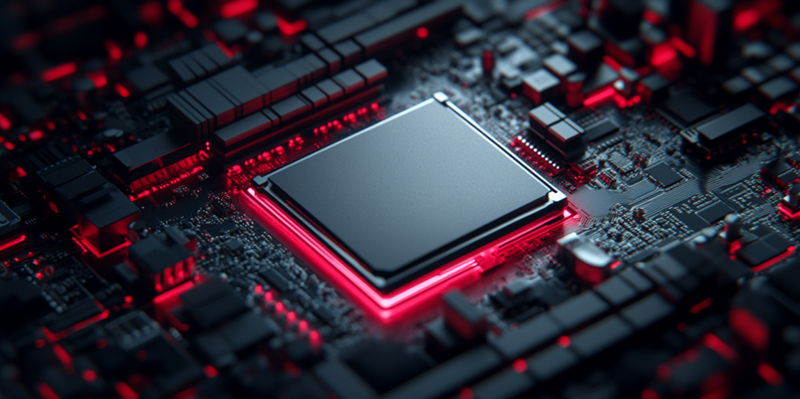NVIDIA has announced its ambitious expansion into the consumer AI PC segment, an area that holds significant promise and potential for the future of computing. By creating a dedicated social media channel under the handle @NVIDIA_AI_PC on platform X, NVIDIA aims to leverage its industry-leading AI technology to benefit mainstream PC users. The tech giant emphasizes the enhanced performance of its RTX GPUs, boasting up to 30 times faster AI model training, 8 times higher frames per second in modern games, and 13 times faster image generation. This move signifies NVIDIA’s commitment to making advanced AI performance accessible to everyday users, although the company currently lacks a dedicated CPU or SoC lineup specifically designed for AI workloads. However, NVIDIA has hinted at developing such hardware in the future to better compete with Intel’s Lunar Lake and AMD’s Strix Point APUs.
Strengthening Market Position
This strategic shift seeks to position NVIDIA more competitively against its rivals by offering superior AI-integrated consumer products. The company’s initiative underscores its intention to capitalize on the growing trend towards AI integration in various industries. By marketing its RTX platform as the "Premium AI PC" platform, NVIDIA is not only highlighting the advanced capabilities of its GPUs but also aiming to redefine the standards of consumer PCs. This move aligns with the broader industry’s trend towards AI integration, with tech giants like Meta and Google already extensively employing NVIDIA’s data center GPUs.
The potential development of NVIDIA’s own CPU or SoC dedicated to AI workloads could further consolidate its market position. Competing head-to-head with Intel’s and AMD’s upcoming releases, NVIDIA could offer a more cohesive and optimized AI experience for mainstream users. This effort is not just about hardware; it’s about providing a comprehensive AI-focused ecosystem that can cater to both enthusiasts and everyday users. By doing so, NVIDIA aims to attract a wider consumer base, thereby broadening its influence and solidifying its status as a leader in the evolving AI PC landscape.
The Future of AI PCs
NVIDIA’s entry into the consumer AI PC market is a daring step that could greatly impact the computing world. As AI becomes more integral in technology, the need for high-performance AI-enabled PCs is expected to rise. By addressing this need early, NVIDIA is positioning itself as a leader in an expanding market. Their introduction of AI-enhanced features like quicker image generation and better gaming frame rates appeals directly to both creative professionals and gamers, thus closing a longstanding gap in mainstream computing.
Additionally, NVIDIA’s active social media presence acts as an educational tool for consumers, highlighting the benefits of AI in daily computing tasks. This strategy not only boosts brand visibility but also cultivates a community of knowledgeable users who can maximize the potential of their AI-optimized PCs. Despite facing strong competition from industry giants like Intel and AMD, NVIDIA’s innovative approach may offer the competitive edge needed to transform mainstream computing.
In summary, NVIDIA’s move into the consumer AI PC arena promises significant shifts in everyday computing. Leveraging advanced AI tech and a user-focused strategy, NVIDIA aims to make high-performance AI more accessible. This ambitious initiative, along with future AI hardware developments, underlines the company’s dedication to leading innovation in AI PCs. As the tech world watches with anticipation, the impact of NVIDIA’s efforts on the market and future AI and consumer computing trends remains to be seen.

